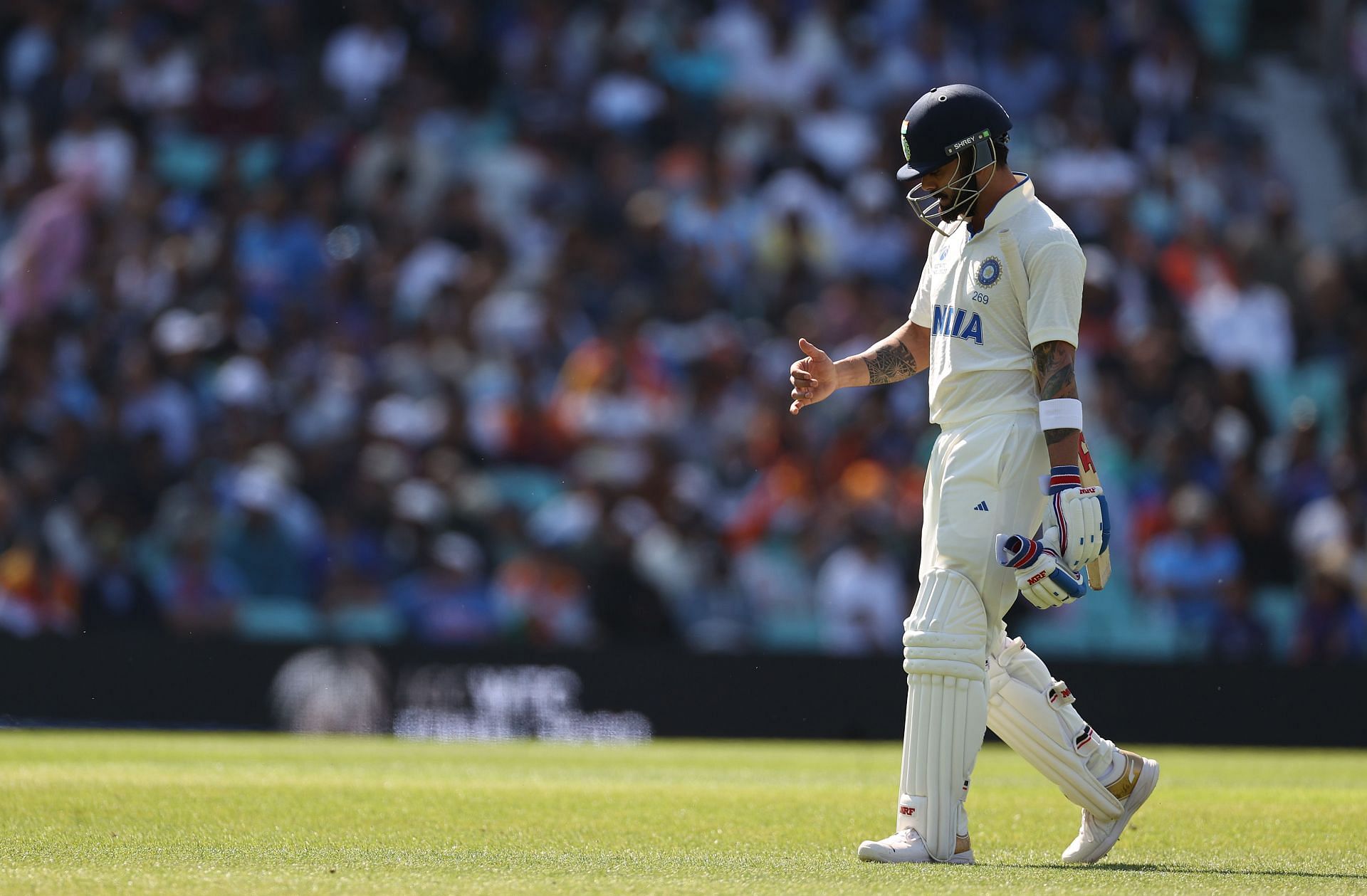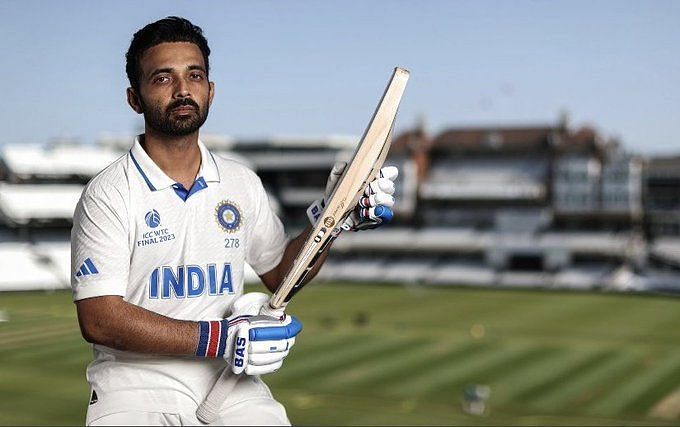
Several factors led to India's WTC capitulation - IPL is not one of them
As India capitulated on the final day of the World Test Championship final (WTC), countless fans began dissecting just where it all went wrong. Was it when they opted to field first and gave up 469 runs? Or was it when their much-vaunted batting unit failed to fire in a clutch game? Or was it just a case of them crumbling under pressure on the final day?
And after a thorough dissection (mostly on social media), the answer was arrived at. It was the IPL that caused this debacle – of course, it did.
Who plays T20 cricket late into May, knowing that the WTC final is starting in the first week of June? The Indian players, treated as all-format gods by people, surely cannot be expected to switch over to a format in seven-ten days’ time, right?
If you look hard enough, you will find claims to support those arguments. Preparing for the WTC final – a game that is expected to last five days, by participating in a T20 tournament is not ideal.
But hey, what is ideal in this world?
The IPL, in some quarters, has been blamed for India's WTC defeat
Moreover, if the question, post the humbling in the WTC final, is about whether the IPL should be shorter, maybe the wrong question is being asked altogether. India did not lose what was billed as the ultimate Test playing the IPL. They lost it because they did not turn up against Australia.
The problem was not that the bowlers featured had played in the IPL. It was that they did not seem fit enough to maintain their intensity. Shardul Thakur and Umesh Yadav had barely bowled in the latter stages of the IPL, and both seemed to lack match fitness.
Umesh could not be dropped, though, because Jaydev Unadkat, the spare pacer, had also been nursing an injury during the IPL. And Shardul was a necessity because India were not confident in their famed batting line-up.
Speaking of their batting, it is mandatory for players nowadays to attune themselves to different formats. Ajinkya Rahane displayed that to the tee, scoring 89 in the first innings and then following it up with 46.
At no point did it feel that T20 cricket was weighing on him, or that he was not batting at his best in Test cricket because of the caution he threw to the wind in April and May.
Rahane, quite comfortably, was their best batter in the WTC final, and that was because of the confidence he carried in from the IPL. He also played in the summit clash of the IPL, lest we forget.
Similarly, Ravindra Jadeja, who won the Chennai Super Kings their fifth title, acclimatized himself relatively well. He bowled tidily in both innings and was one of the reasons India avoided a follow-on in the first innings.
Contrast that to Cheteshwar Pujara, who has spent the best part of two months playing County Cricket, and KS Bharat, who did not feature in a single game for the Gujarat Titans. Neither could really stamp their authority on the WTC final.
The issue, thus, is not that some players were at the IPL and some others were not. It is not even that they could not get together two weeks in advance. It is that India were simply not able to handle the pressure of the occasion.
The worrying bit, as an Indian fan, is that this has now become a recurring theme, irrespective of the format. The greater the occasion is, the bigger the capitulation seems to be. And that seems to now have created a mental block – a block that seems to dictate what they are doing and could perhaps be influencing how they approach these occasions.
There were countless moments in the WTC final when India could have seized the initiative. After Australia had piled on the runs (and the misery) in the first innings, India’s batters could (and should) have wrestled back some sort of control. They did not.
On the final day of the WTC final, with the pitch not doing much, India were threatening a historic heist. Virat Kohli threw his wicket away, though, and set in motion another monumental collapse. Kohli himself does not have a great track record in clutch ICC knockout games lately but that is a discussion for another day.
These are just two instances where India could have capitalized - moments where they needed their star players to stand up. But they could not.
India have also developed a habit of starting off a series slowly and then finding their groove. Plus, there is also some merit in people asking for the WTC final to be a three-match series or something of that sort.
But it is practically impossible to set aside a month of the cricketing calendar, not knowing which two teams will make the WTC final so that a series can be scheduled between them.
Additionally, a one-game shootout is what makes finals so interesting. You have one shot at glory. One misstep and everything slips away. Greater the stakes, the greater the prospective happiness at the end.
Of course, no one is saying that playing T20 cricket is the same as playing Test cricket and in a utopian world, more red-ball cricket is perhaps the best way to prepare for an occasion such as the WTC final.
But this is not a utopian world.
The IPL allows the BCCI and the Indian cricketing ecosystem to be as strong as it is. It produces players who are ready to jump into international cricket and not feel the pressure because they have already experienced it, albeit in a slightly different environment. And the financial footfalls are too glitzy to even question.
But the IPL, because it is so big that it cannot be missed, and is so front and center of everything that happens around the cricketing world these days, is the easy thing to blame. It is also, in many ways, the most convenient (and flimsy?) excuse, right?
If that is still used as a smokescreen to hide behind and to avoid inherent problems (such as the batters not doing what they are getting paid for), India will never become that side that wins the games that matter in ICC events.
There was, of course, a time when India did so, winning three ICC tournaments in a six-year span, under a captain who also kept wicket, wore No.7, and made everyone watching believe. Whether he did that through sheer, dumb luck or because he was cut out from a different cloth is not the debate that needs to be had at the moment.
That is in the past. But if India are to feel that elation again, they need to look at what happened at in the WTC final and fathom what lies in front of them.
Introspection, you’d feel, is pivotal. Deflection of blame, well, not quite. They lost at The Oval, and there were several factors that led to it. The IPL was not one of those.

